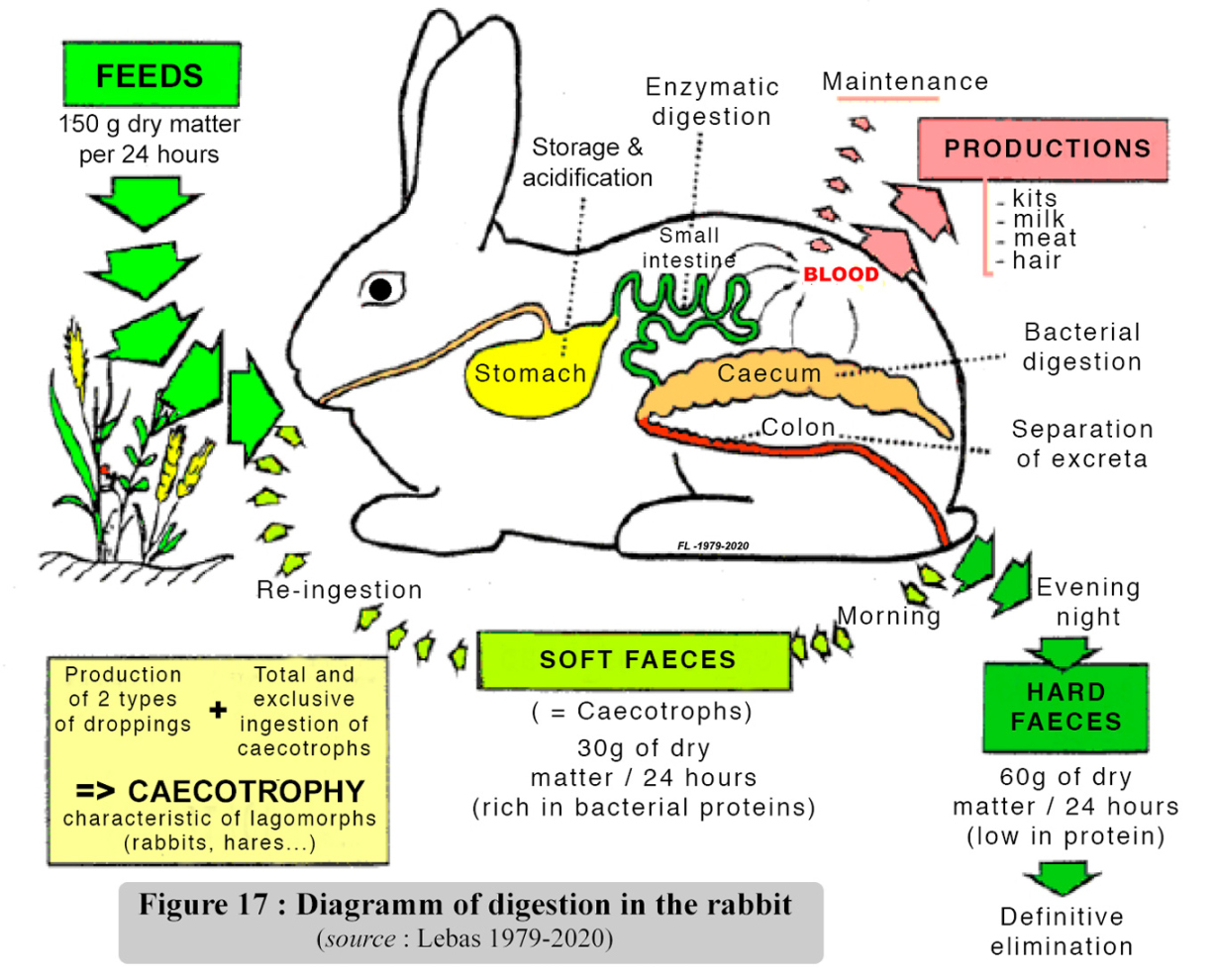Where Do Rabbits Get Protein From?
Rabbits are herbivores and have a specialized digestive system adapted to extract nutrients from plant-based foods. While protein is an essential nutrient for all animals, rabbits have unique dietary requirements due to their specific physiology. In this article, we will explore the sources of protein for rabbits and how they meet their protein needs for growth, maintenance, and overall health.

Plant-based Sources of Protein
Rabbits primarily obtain protein from various plant-based sources. Here are some common sources of protein in a rabbit’s diet:
- Leafy Greens: Rabbits consume a variety of leafy greens, such as kale, spinach, and romaine lettuce, which provide a significant amount of protein. These greens also offer other essential nutrients and fiber.
- Hay: High-quality hay, such as timothy hay, is an essential component of a rabbit’s diet. It contains a moderate amount of protein and helps maintain digestive health.
- Vegetables: Carrots, broccoli, celery, and other vegetables also contribute to the protein intake of rabbits. However, it’s important to introduce new vegetables gradually to avoid digestive upset.
- Herbs: Herbs like parsley, cilantro, and dill are not only flavorful but also provide additional protein and other beneficial compounds for rabbits.
- Grains and Pellets: Commercial rabbit pellets often contain a combination of grains, seeds, and legumes, which serve as a concentrated source of protein. However, pellets should be fed in moderation, as an excess can lead to obesity and other health issues.
Microbial Protein
Rabbits have a unique digestive system that relies on microbial activity to extract nutrients from plant materials. Inside their cecum, a specialized part of the digestive tract, bacterial fermentation takes place. This process allows rabbits to break down cellulose and other complex carbohydrates found in plants, converting them into usable nutrients, including protein. The microbial activity in the cecum produces a type of protein called microbial protein, which rabbits can absorb and utilize.
The Importance of Protein for Rabbits
Protein is crucial for rabbits, as it plays a vital role in various physiological processes. Here are some reasons why protein is essential for rabbits:
- Growth and Development: Protein is necessary for the growth and development of young rabbits. It helps build and repair tissues, including muscles, organs, and bones.
- Maintenance and Repair: Protein is also crucial for maintaining and repairing tissues in adult rabbits. It supports overall health and ensures the proper functioning of organs and systems.
- Immune Function: Protein is essential for a robust immune system, helping rabbits fight off diseases and infections.
- Reproduction: Adequate protein intake is necessary for successful breeding and healthy offspring.
- Fur and Skin Health: Protein is a building block for fur and skin health. It contributes to the quality and growth of a rabbit’s fur.
Fun Fact: Rabbits are coprophagic, which means they eat their own fecal pellets. This behavior allows them to reabsorb nutrients, including proteins, that were not fully extracted during the initial digestion.
FAQs about Rabbit Protein Intake
1. How much protein do rabbits need?
Rabbits generally require approximately 12-14% protein in their diet for optimal health. However, specific protein requirements may vary depending on the age, weight, and activity level of the rabbit. It is always best to consult with a veterinarian to determine the appropriate protein intake for your pet rabbit.
2. Can rabbits get protein from fruits?
Fruits are not a significant source of protein for rabbits. While fruits can provide vitamins and minerals, they are relatively low in protein. It is important to focus on leafy greens, hay, and other plant-based sources to fulfill a rabbit’s protein requirements.
3. Is excessive protein intake harmful to rabbits?
Yes, excessive protein intake can be harmful to rabbits. High-protein diets, especially those with an imbalanced calcium-to-phosphorus ratio, can lead to urinary tract problems and kidney issues. It is essential to provide a balanced diet and avoid overfeeding protein-rich foods.
4. Can rabbits be fed a vegetarian or vegan diet?
Rabbits are herbivores by nature and can thrive on a plant-based diet. However, it is crucial to ensure that the diet is nutritionally complete and meets all their dietary requirements, including protein, vitamins, minerals, and fiber. Consulting with a veterinarian or a knowledgeable rabbit specialist can help formulate a suitable vegetarian or vegan diet for your pet rabbit.
In conclusion, rabbits obtain protein primarily from plant-based sources such as leafy greens, hay, vegetables, herbs, and commercial rabbit pellets. They also benefit from microbial protein produced during the fermentation process in their cecum. Protein is essential for the growth, maintenance, immune function, and overall health of rabbits. It is important to provide a balanced diet that meets their specific nutritional needs to ensure their well-being and longevity.
Related Articles…
Copyright Notice:
The images displayed here are sourced from the internet, with copyrights held by respective owners. For removal of any copyrighted image, please email us.